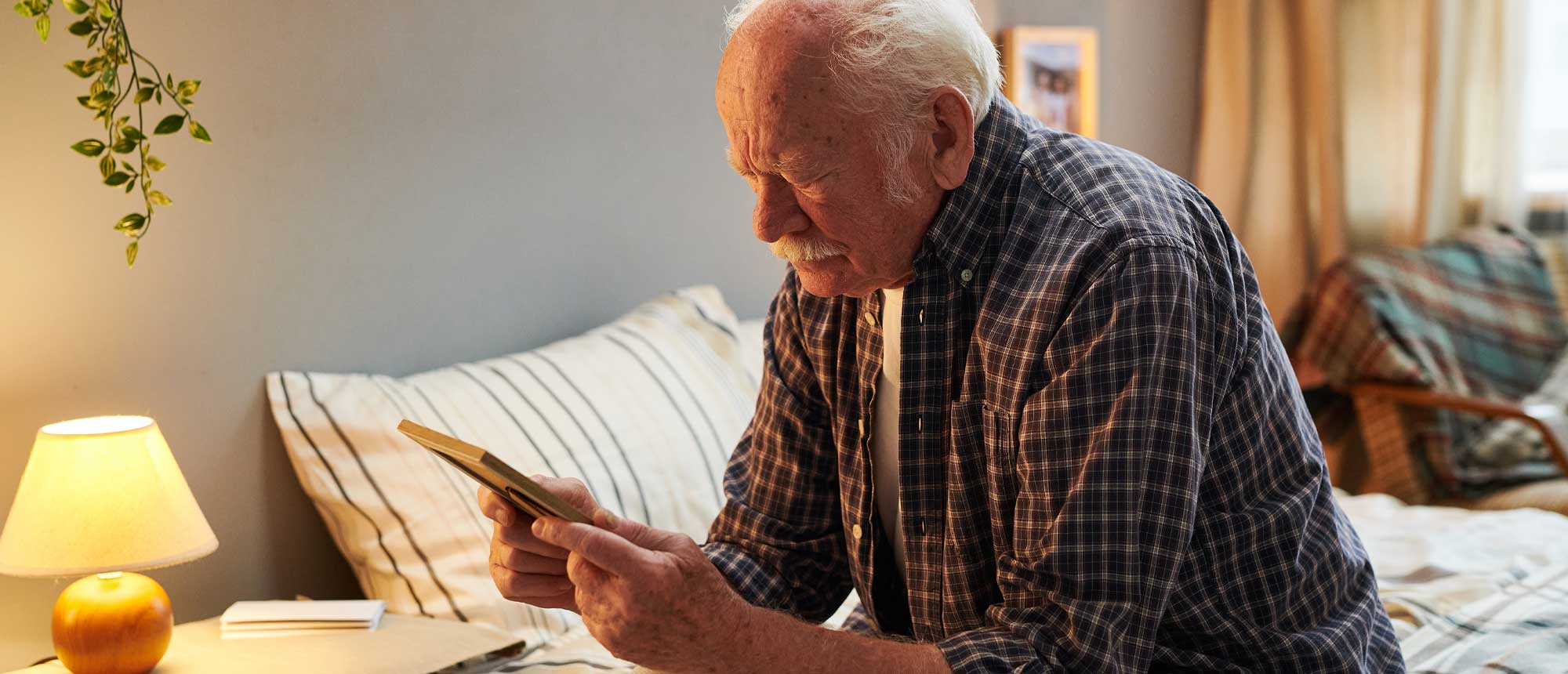02 Oct Combating Senior Loneliness With Companion Care
According to a recent Pew Research Center study, 27% of senior citizens in the U.S. live alone. Though living alone does not always result in loneliness, it can be a contributing factor. Between the unexpected loss of a spouse, shrinking social circles, and difficulties communicating, social isolation might seem inevitable and normal for the elderly. Prolonged loneliness can cause serious health problems that negatively impact your loved one’s quality of life. However, visits from a private caregiver, like companion care, could help relieve these feelings.
Health Risks

Close-up of home caregiver and senior woman holding hands.
Seniors who don’t socialize enough, or at all, are more likely to suffer from reduced cognitive function than their social counterparts. This reduction contributes to a decline in mental capacity and emotional well-being, both of which contribute to higher hospitalization rates. Senior citizens who are hospitalized for long periods of time are often more susceptible to additional health issues in the wake of their stay. Their recovery times are often longer and more complicated as a result.
There are many health conditions that develop as a result of social isolation. These conditions include:
- Increased blood pressure
- Increased risk for Alzheimer’s disease
- Anxiety
- Depression
- Weakened immune system
Seniors who aren’t social enough can also suffer from mental degradation and brain shrinkage. Additionally, lonely seniors are more likely to engage in negative habits, like eating a poor diet and making bad lifestyle choices. They also tend to be more pessimistic than social seniors, which can lead to depression and anxiety. Finally, severe loneliness can increase the risk of early death by a significant amount; making sure your loved one is staying social can both extend and improve their life.
Companion Care
Scheduling regular visits from companion care can help your loved one remain mentally fit and active for longer. Companions also help them maintain independence in the comfort of their own homes by helping with light housework, grocery shopping, and scheduling. Even largely self-sufficient seniors can enjoy the social benefits of a visiting companion by gaining plenty of meaningful opportunities for mental engagement.
Just like you, Family Tree In-Home Care is invested in providing your aging loved ones with the comprehensive care they need and deserve. With the assistance of our dedicated and experienced staff, you can choose an in-home care solution that is tailored to meet their every need. Contact us today to find out how we can help your family stay safe and healthy at home.



